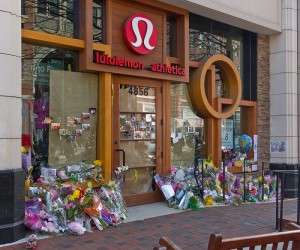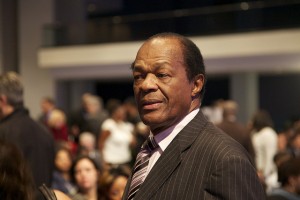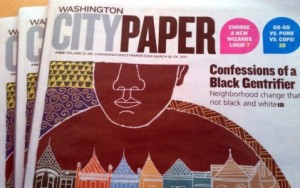In responding to a Wall Street Journal story about how white children are now the minority in many states as the number of Hispanic children grows, D.C.’s Matthew Yglesias writes:
I think this is a widely misreported trend. When the New York Times recently did a piece on me, Ezra Klein, Brian Beutler, and Dave Weigel exactly zero people complained about the massive over-representation of people of Latin American ancestry that reflected. People saw it as a profile of four white dudes. Which is what it was. But my dad’s family is from Cuba, Ezra’s dad’s family is from Brazil, and Brian’s mom’s family is from Chile. That’s kind of a funny coincidence, but the combination of continued immigration and intermarriage means that over time a larger and larger share of American people will be partially descended from Latin American countries.
That Times piece on Yglesias and his fellow, young pundits did receive plenty of criticism (and even its own parody!). But Yglesias is right: no one criticized the over-representation of Latin American-ancestry among the four subjects. The reporter behind the piece even commented on the “white maleness” of the story.
When it comes to Latinos and Hispanics, racial identity has proven to be a much more fluid thing than for other groups. For instance, let’s take a look at Latino immigrants: a 2010 American Sociological Association report found that there are many Latino immigrants who are accepted as white by larger society, but those with darker complexions still face plenty of discrimination. It even suggested a new racial category to describe Latinos could form.














